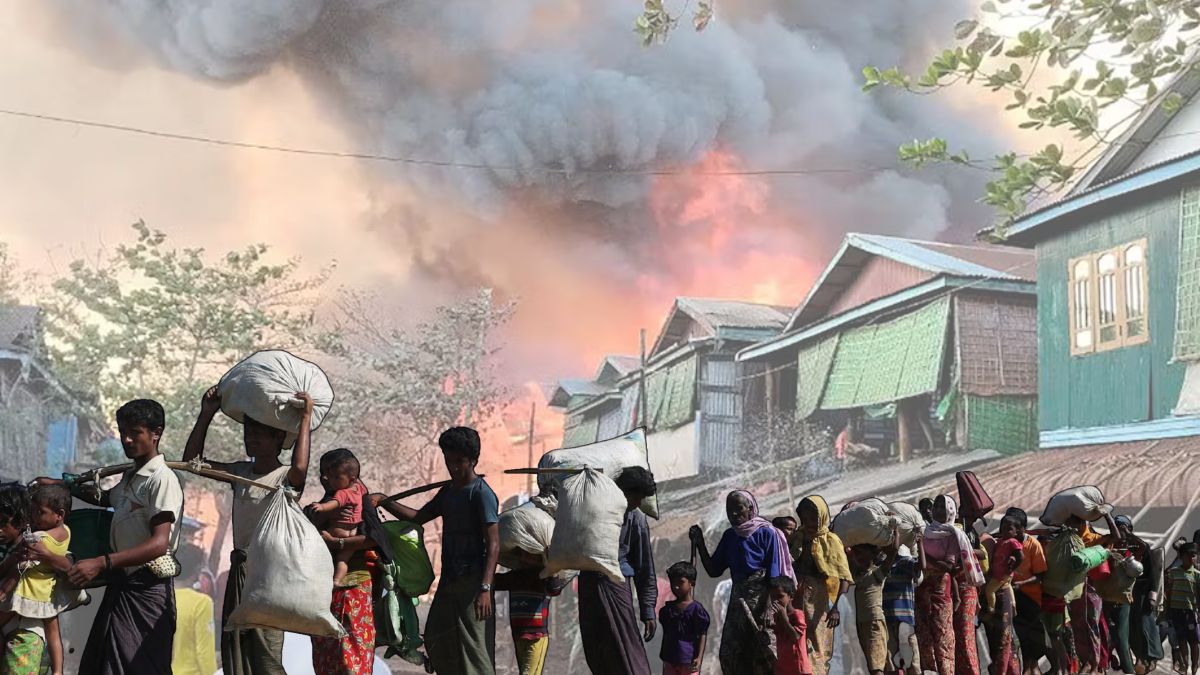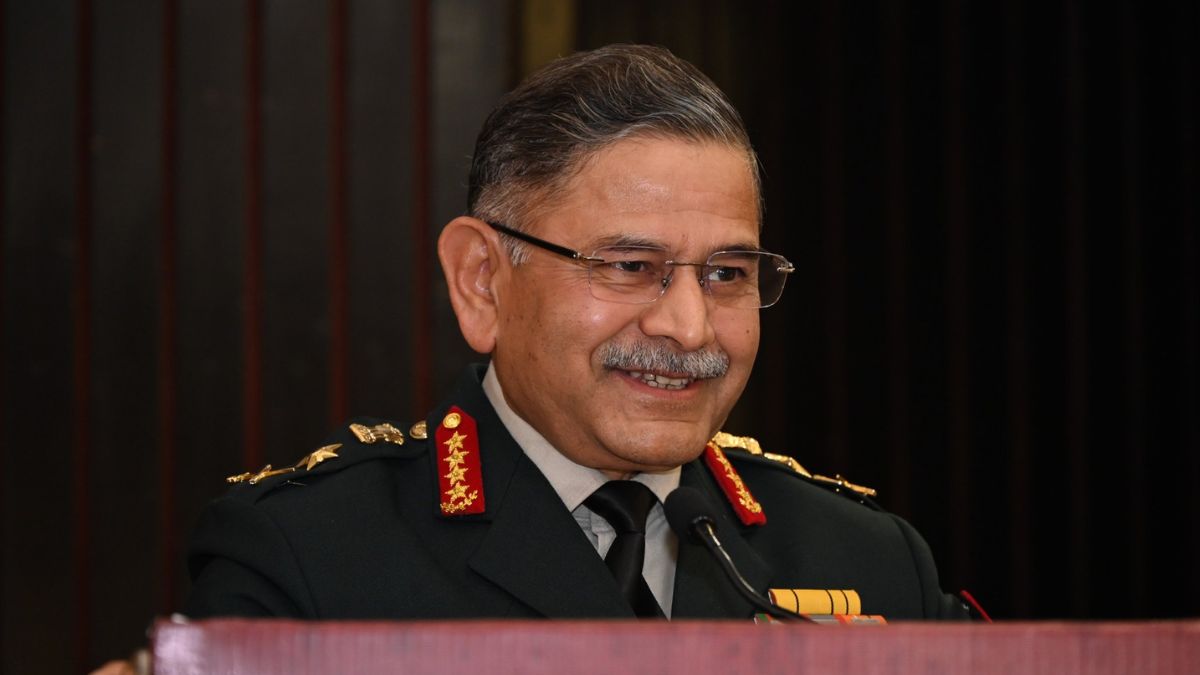UN Probe Into Rohingya Crisis Faces Funding Crunch As Donors Cut Grants

Rohingya families fleeing persecution, as the UN probe into Myanmar’s military crimes now faces a funding crisis, raising fears for justice and accountability.
The United Nations’ investigation into atrocities committed against Myanmar’s Rohingya faces a severe funding crunch, raising fears that perpetrators of mass violence may escape accountability.
Nicholas Koumjian, head of the Independent Investigative Mechanism for Myanmar (IIMM), warned that millions of dollars in donor cuts and UN cost-saving measures could cripple efforts to gather evidence and pursue justice.
“It will affect the ability to convict because we lose capacity,” Koumjian said in Geneva. “That would send a message of impunity. It says to perpetrators: don’t worry about being charged.”
What is the IIMM?
The IIMM was established in 2018 by the UN Human Rights Council to collect and analyse evidence of crimes committed in Myanmar, including the 2017 military crackdown that forced over one million Rohingya Muslims to flee to Bangladesh. While Myanmar’s military has claimed the campaign was a counterterrorism response, international prosecutors have described it as a textbook case of ethnic cleansing.
Currently, the IIMM faces a shortfall of nearly $9 million in donor contributions, with Britain, Canada and the EU among past supporters. A confidential document reviewed by Reuters revealed the gap has narrowed to $6.2 million, but the mechanism still struggles to meet its $15 million annual budget, of which only 73% is funded. The US, once a major donor, has also scaled back its grants.
What will be impact of the funds crunch?
Unless fresh funding is secured by year-end, Koumjian said the IIMM will be forced to halt critical projects, including investigations into sexual violence and crimes against children, as well as its open-source evidence programme. Witness protection and counseling services have already stopped, putting survivors in danger.
“The consequence could be very great, because sometimes we provide assistance for people in life-threatening situations,” Koumjian stressed.
The IIMM has already submitted evidence to the International Criminal Court, the International Court of Justice, and courts in Argentina and the UK. Its recent findings include proof of systematic torture by Myanmar’s security forces and documentation of state-sponsored online hate campaigns during the 2017 crackdown.
Myanmar’s military junta, however, denies all allegations, insisting its operations are lawful security measures against “terrorists.”







